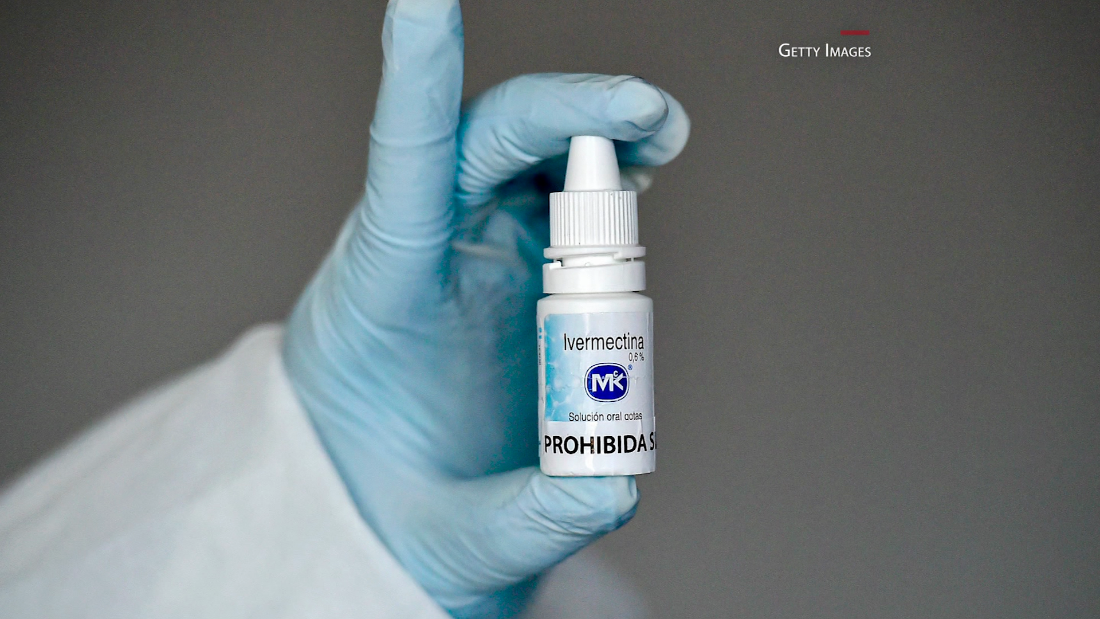“There appears to be a growing interest in a drug called ivermectin to treat humans with COVID-19. Ivermectin is often used in the U.S. to treat or prevent parasites in animals. The FDA received several reports from patients who needed medical support and was hospitalized after self-medicate with ivermectin for horses, “said the agency’s announcement on Friday.
The announcement noted that the FDA did not approve ivermectin to treat or prevent Covid-19 in humans and the drug is not an antiviral drug.
“Taking large doses of this drug is dangerous and can cause serious damage,” said the ad, noting that even levels of ivermectin approved for other uses can interact with other drugs, such as anticoagulants.
“You may also have an overdose of ivermectin, which can cause nausea, vomiting, diarrhea, hypotension (low blood pressure), allergic reactions (itching and hives), dizziness, ataxia (balance problems), seizures, coma and even death. “
In the JAMA study based in Cali, Colombia, nearly 500 adults with mild illness who had symptoms for seven days, offered to help test the drug. The trial is known as a double-blind randomized control trial, the gold standard of trials.
Half of the volunteers received the drug for five days, the other half received a placebo and standard treatment. Patients were enrolled in the trial between July 2020 and November 2020 and doctors followed up with them until December.
At the end of the trial, there were an almost equal number of adverse events – mainly headaches – in both groups of volunteers. Patients who received the drug said their symptoms subsided within 10 days. For the group that received the placebo, it was 12 days.
Two days was not considered a “significant” improvement.
“The results do not support the use of ivermectin for the treatment of mild COVID-19,” wrote the researchers, based in Colombia. The study adds that larger studies may be needed to better understand whether ivermectin offers any other type of benefit to patients with Covid-19. In this case, the study focused on symptoms and mild illness.
